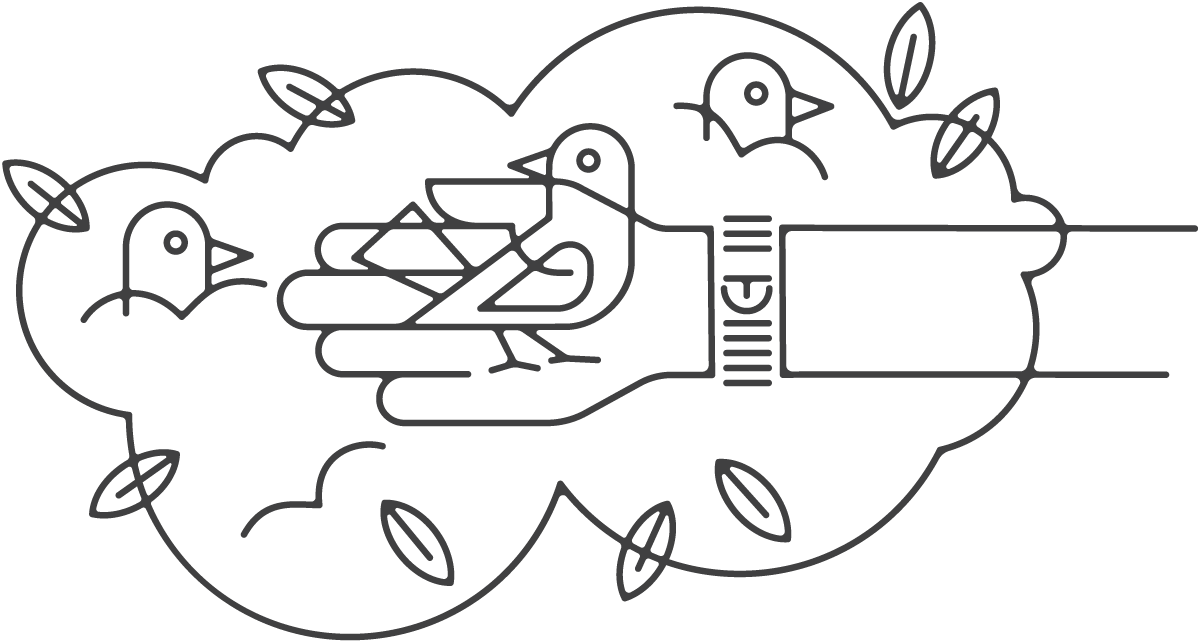Business owners often feel the need to say “yes” to every opportunity that comes their way. “Yes we offer that”, “yes we can do that”, “yes we sell that”, etc. You can’t blame them, after all it is potential revenue they are grasping for. (may not be profitable, but heck… it’s money.)
As one might say that “a bird in the hand is worth two in the bush” could apply to the “sound logic” of taking on anything and everything as a business. However, what if your business isn’t the best with birds? What if you are better off leaving that hand unoccupied by a bird so you can better tend to another animal who appreciates you (obviously not cats).

The fact of the matter is that the cost of not taking on more business can avoid costing you more in not only profit, but also your positioning and what you are actually skilled at. The “sound logic” mentioned above is rather irrational when you really think about it. But this shouldn’t come as a surprise because humans are not the most rational creatures. This type of irrational thinking is the work of “loss aversion“.
Wikipedia sums it up as: In cognitive psychology and decision theory, loss aversion refers to people’s tendency to prefer avoiding losses to acquiring equivalent gains: it is better to not lose $5 than to find $5.
In other words, the psychological pain felt by saying no and “losing the business” outweighs the gain that comes with securing other business. (Especially when that gain is not immediate and in the future)
A brand is very much like the classic artist saying, “It’s not what you include that makes the artwork, but what you decide to leave out that matters” — this type of mindset goes directly against what most businesses feel they need to do. If an artist tried to include everything for everyone on their canvas, it would be horrendous. It’s the self-control and clarity that makes art beautiful. Just as with a business, it’s the brand clarity that not only makes it more appealing but more profitable as well.
Learning to say “no” as a business can be very empowering. To do so, you first must know what your business is, but more importantly know what your business is not.
When a brand is built through strategy and positioning, this clarity rises to the top. It takes into consideration the business model, marketplace, strengths, weaknesses, and more – while creativity establishes perfect opportunities where it makes sense for the business to say “no” and forgo having a bird in the hand for something much better down the road.
For a business to rise above the industry, it must invest in brand development. This will create volumes of focus while helping the business model be refined further where deeper connections with clients/consumers can be found – as well as profit – as your business is able to serve them even better than before.
A brand that is everything to everyone, is nothing to no one.

